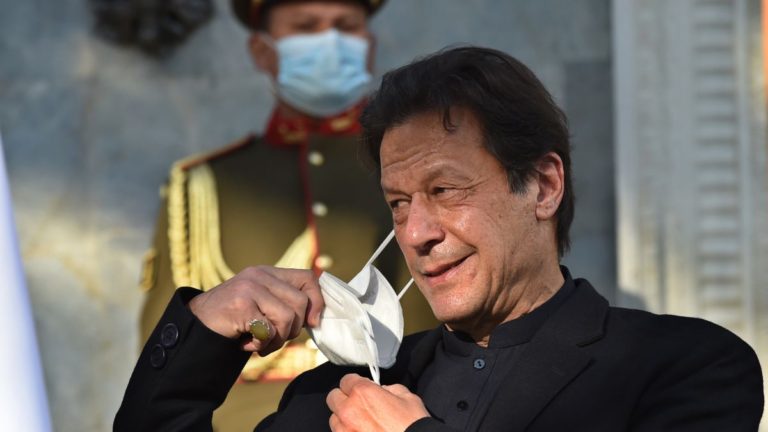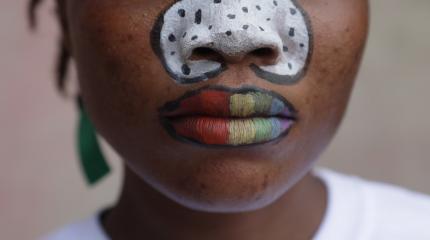
Since the institution of the Pakistani Penal Code of 1860 by the British Raj, Pakistan has prescribed extremely harsh penalties, such as death or imprisonment, for sodomy (sexual activity among members of the same sex). This antiquated law has failed to be amended to permit LGBTQ individuals to openly express themselves.
This ultimately comes down to the challenging, yet constant, struggle to balance tradition and religion with modern changes in society. The existence of harsh punishment forces people to constantly live in fear of being outed or killed for supporting or being openly queer, making the queer populations in Pakistan unheard of to the public eye.
While queer communities are highly unheard of in Pakistan on the surface, in reality, there is a huge underground LGBTQ movement. The power and passion of this movement is astonishing, and their persistence to find a community in which they can express their true selves is a heartwarming narrative.
In fact, the existence of queer communities within Pakistan dates back all the way to the 16th century, originating with the hijras, or communities that identify as an intersection between man and woman, who used to serve on eunuch courts. According to the Kama Sutra, hijras possibly even date back to antiquity. These communities have their own strict set of rules: they are run by gurus (mentors), they must cut ties with their families, and move in with a family of hijras where they can learn about and explore their new identities.
During the existence of the British Raj, hijras were targeted by British colonial authorities which spread an amalgamation of anti-hijra sentiment across the subcontinent. The anti-hijra sentiment still exists today, presenting another instance of tradition and older customs prescribing the current treatment of queer Pakistanis.
Despite the inherent anti-hijra sentiments in Pakistan, these communities remain openly present. Additionally, the Pakistani government has made some strides toward the inclusion of transgender communities within the country. In 2012, the third gender category was added to national identification cards, allowing transgender community members to properly identify themselves. Later, in 2018, the term transgender was officially defined within Pakistan, allowing any member of the community to express their gender identity as they see fit despite the gender they were assigned at birth.
While huge strides have been made for the transgender community within Pakistan, the same cannot be said about other facets of queerness such as sodomy, which are still punishable by law. However, if anti-queer laws still exist, then why are they rarely ever enforced?
Usually, law enforcement tends to turn a blind eye as long as queerness does not interfere with public affairs. Knowing this, queer community members choose to keep their movement heavily underground, as the punishment of open expression is too high to risk. Even if the government does not come after them, other religious and opinionated members of the community may take it into their own hands to do so.
It is comforting to know that queer Pakistanis have found a community for themselves, allowing them to fuse the beautiful aspects of their culture with their true identities. However, looking forward, Pakistan’s anti-queer laws must be reversed, and a larger effort to protect queer communities and allow them to flourish on the surface in society is essential. This would not only benefit those who subdue their true identities out of fear of the currently established system and standards, but it would create a community of acceptance and love for all people and cultures.



